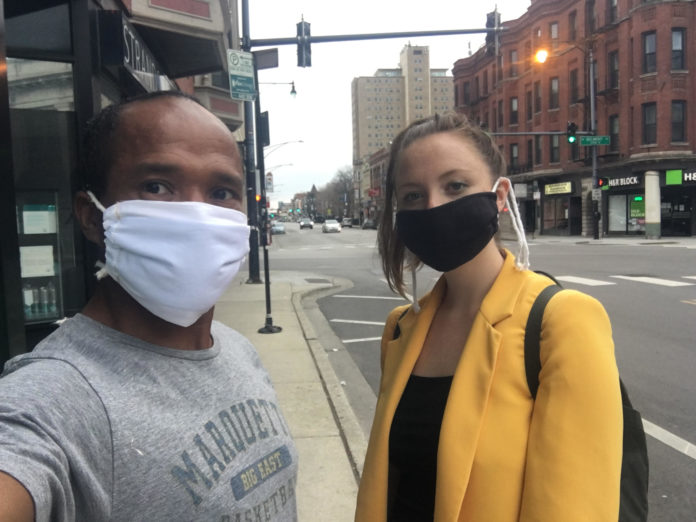Companies are launching trials at an unprecedented pace, but some worry about the trade-offs between speed and safety.
Ian Haydon, a healthy 29-year-old, reported to a medical clinic in Seattle for a momentous blood draw last week.
“Oh yeah,” said the nurse taking his blood. “That is liquid gold.”
Haydon is an obscure but important participant in the most consequential race for a vaccine in medical history. In early April, he was among the first people in the United States to receive an experimental vaccine that could help end the coronavirus crisis. He volunteered to be a test subject knowing about the risks and unknowns, but eager to do his part to help end the worst pandemic in a century.
Scientists at the National Institutes of Health in Bethesda, Md., will study blood from Haydon and others for signs that the vaccine triggered an immune response to a pathogen they have never encountered. It would be the first, preliminary signal that the vaccine could provide immunity to covid-19, the disease caused by the virus, that has claimed more than 200,000 lives.
A coronavirus vaccine has become the light at the end of a very long tunnel, the tool that will bring the virus to heel, allowing people to attend sports events, hug friends, celebrate weddings and grieve at funerals. The goal to deliver a vaccine in 12 to 18 months, often repeated by the nation’s top infectious disease scientist, has become the one reassuring refrain during briefings on the crisis. The White House put together a task force called Operation Warp Speed to try to move even faster, making hundreds of millions of doses ready by January.
With at least 115 vaccine projects in laboratories at companies and research labs, the science is hurtling forward so fast and bending so many rules about how the process usually works that even veteran vaccine developers do not know what to expect…
To read the entire article from The Washington Post, click https://www.washingtonpost.com/science/2020/05/02/coronavirus-vaccine


